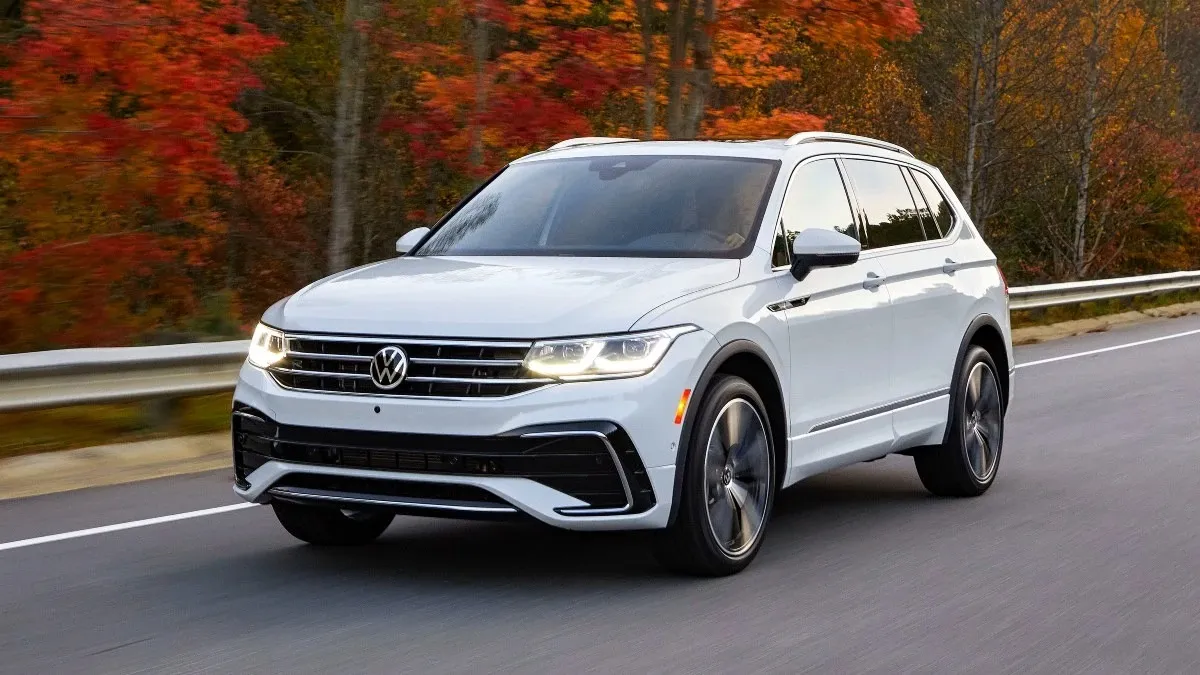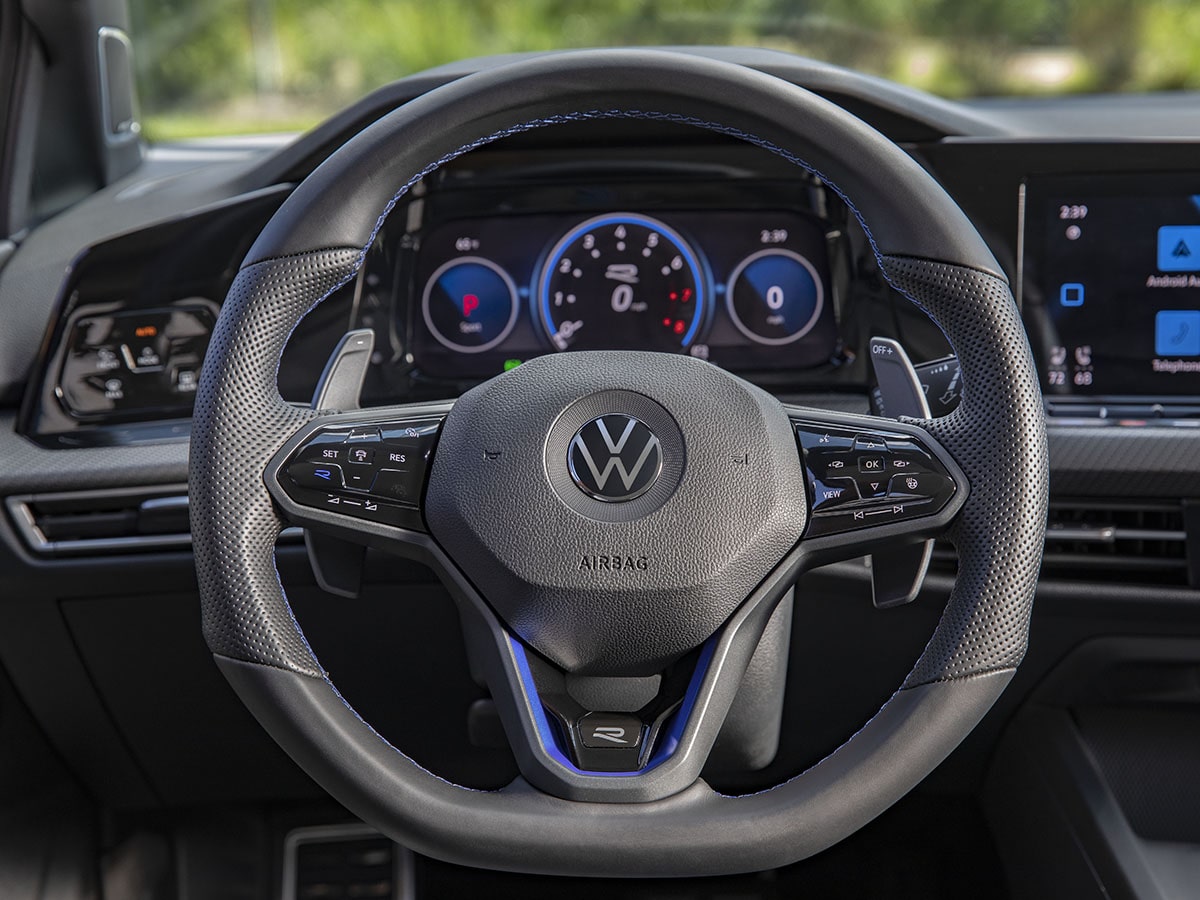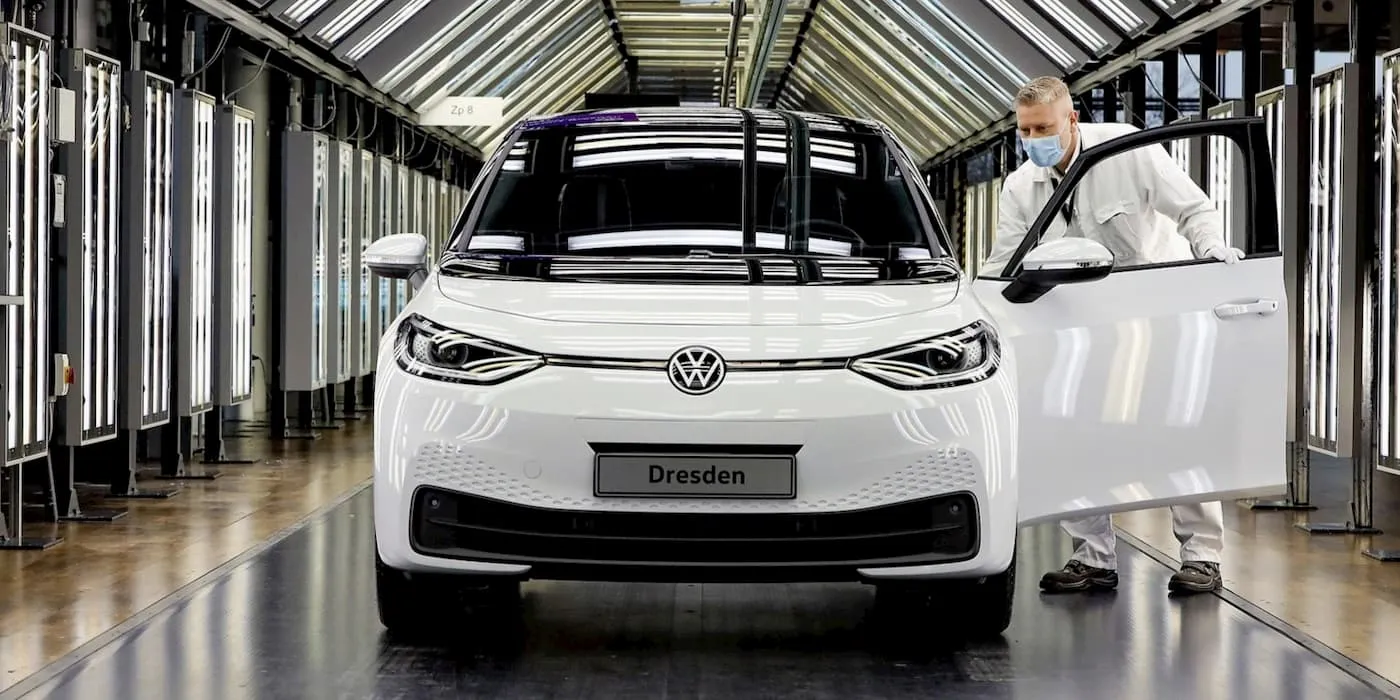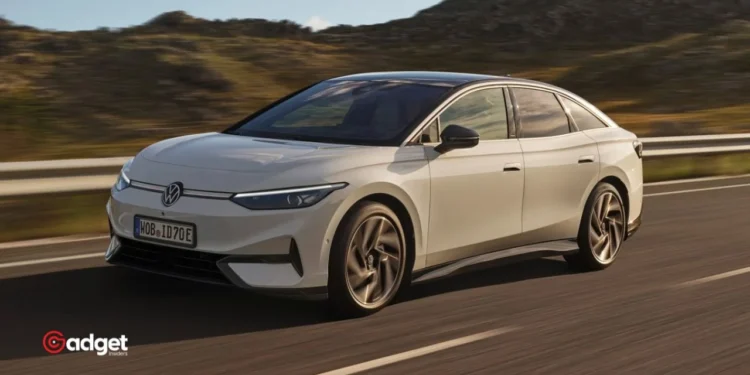In a surprising turn of events, Volkswagen has announced an indefinite delay in launching its eagerly awaited electric sedan, the ID.7, in the U.S. and Canada. This decision underscores a significant shift in the American automotive market where consumer preference is tilting towards gas-electric hybrids over pure electric vehicles (EVs).

The Delayed Arrival of the ID.7
Originally poised to replace popular mid-size sedans like the Passat and Arteon, the ID.7 has been available in Europe since 2023. However, Volkswagen’s recent statement points to “current market conditions” as the primary reason for postponing its debut in North America. The company emphasizes its commitment to aligning with market dynamics and customer feedback, suggesting a strategic recalibration in response to the evolving preferences of American consumers.
The Rise of Hybrids and the Promise of the ID.Buzz
Despite the setback with the ID.7, Volkswagen is not stepping back from its electric ambitions entirely. The automaker is on track to launch the ID. Buzz, a modern reinterpretation of the iconic VW bus, by the end of 2024. This move, coupled with improvements to the Tennessee-manufactured ID.4 SUV, signals Volkswagen’s ongoing commitment to electric mobility.
Pablo Di Si, President and CEO of Volkswagen Group of America, highlighted the mixed reactions from dealers and consumers regarding EVs, particularly concerns about the charging infrastructure. He noted, “The sentiment is the ICE, the plug-in hybrids are picking up. There’s some concern, some pushback on electric vehicles from consumers, particularly on the charging infrastructure.”

Hybrid Technology: A Strategic Advantage
Interestingly, Volkswagen’s pivot to hybrid technology may prove economically advantageous. The company already sells plug-in hybrids and series-hybrid vehicles in other markets, including Europe. This existing lineup could save the automaker significant development costs when introducing similar models to the U.S. market.
Di Si expressed optimism about leveraging European successes for the American market, stating, “We’re moving forward, fast. We don’t need to start from zero. We have an incredible product in Germany, in Europe, with a Tiguan plug-in hybrid. It has 100 km of electric range on the European cycle.”

Volkswagen’s Stock Performance and Market Outlook
As Volkswagen adapts its strategy to the shifting sands of the U.S. automotive landscape, its stock, traded on OTC markets under the ticker VWAGY, has shown resilience. At the time of writing, shares are trading at $15.04, reflecting a rise of 1.93%.
The indefinite delay of the ID.7’s launch in North America might be a disappointment for EV enthusiasts, but it also marks a pragmatic response to market demands. As the landscape for electric and hybrid vehicles continues to evolve, Volkswagen’s flexible approach could position it well to capitalize on both current trends and future shifts in consumer preferences.










